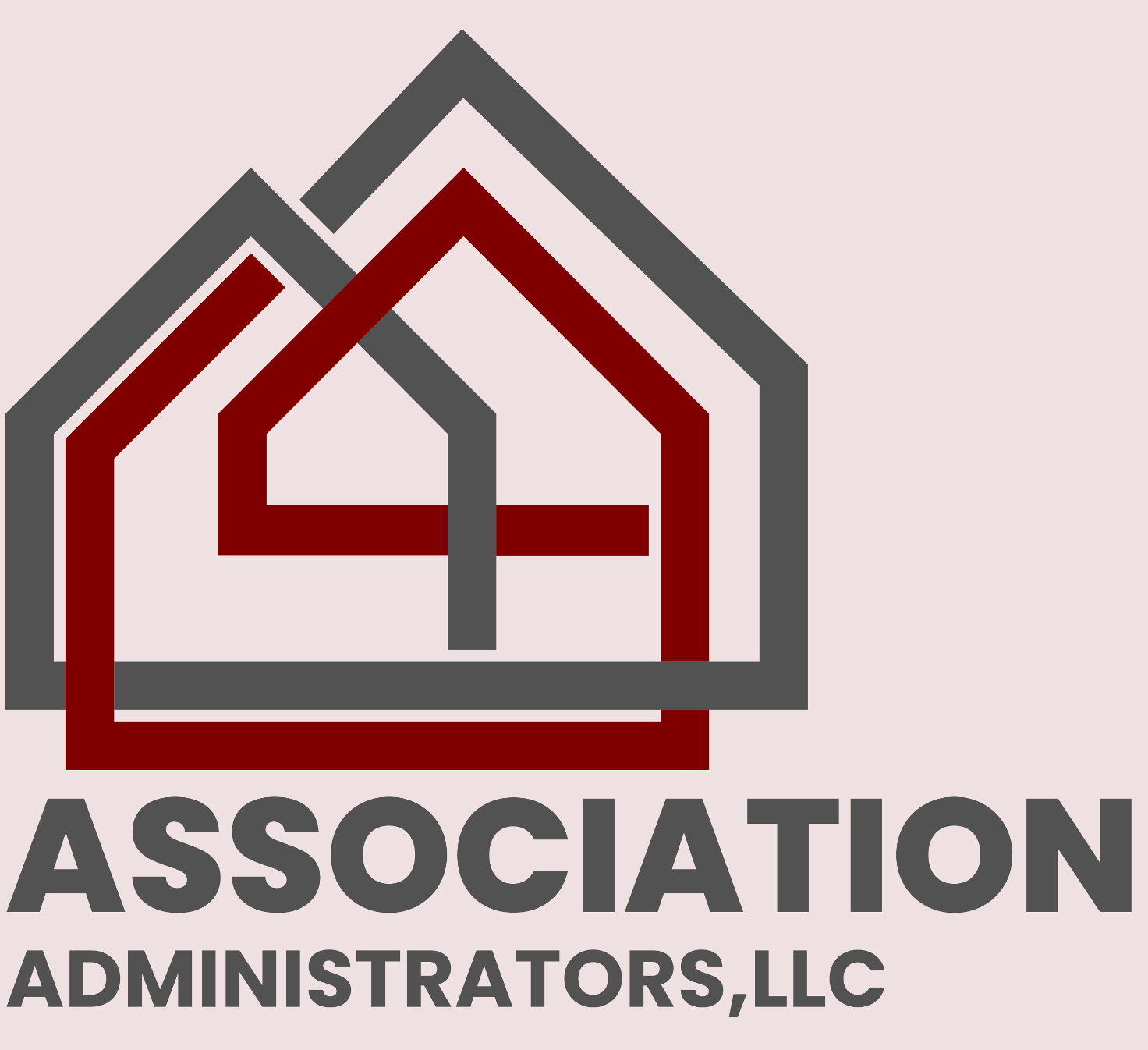 Across the country, homeowner associations have begun to fight back against corporate investors who are scooping up individual single-family homes and condominium units with the sole intention of using them as rental properties.
Across the country, homeowner associations have begun to fight back against corporate investors who are scooping up individual single-family homes and condominium units with the sole intention of using them as rental properties.
In recent years, highly funded corporations have been buying thousands of homes in desirable areas and adding them to their growing rental portfolios. This activity has resulted in a lack of affordable housing for homebuyers and a high turnover of renters, resulting in an outcry amongst associations looking to protect their communities.
The Biden administration has identified the corporate activity throughout the U.S. as one of the factors in an ongoing housing shortfall, and the administration is seeking to address the issue by requiring federal housing agencies to prioritize individual homebuyers.
Corporate investment also causes concern amongst community associations looking to minimize the number of renters in their neighborhoods. A higher number of rental homes can have a negative impact on property values, and they can be disruptive to a community’s environment. Often, the renters leasing corporate-owned housing are not properly screened according to association standards and come and go quickly, creating a higher risk of property damage, nuisances, and even safety concerns.
Corporate investors flush with cash are able to make offers far over asking price, beating out the average homebuyer. Individual community association have been amending their Association documents to include rental restrictions that limit or prohibit the investment companies from renting properties.
Many associations are beginning to address this issue by capping the number of homes in a community that can be rented; others are restricting homeowners from leasing properties for the first 12–24 months of ownership.
Some investors have pushed back at associations attempting to establish restrictions. Associations can protect themselves by exempting existing rental homes from a newly installed rental cap or waiting period. It can be difficult to find a balance between deterring corporate investment and preserving homeowners’ rights to use and lease their properties.
Successful rental restrictions depend on community engagement. Disengaged communities where meeting turnout and participation are lacking, there’s little an Association can do to help slow the influx of investment purchases.
The Biden administration plans to limit investor purchases of foreclosed properties.
The administration will require federal housing agencies, such as Fannie Mae and Freddie Mac, to offer foreclosed homes for sale to buyers who will live in the home as their primary residence prior to accepting bids from corporate buyers. The administration also will require federal housing agencies to offer foreclosed properties for sale to nonprofit organizations with a homeownership mission before accepting bids from corporations. Because federal housing agencies own, guarantee, or insure 70% of all outstanding mortgage debt, this policy change will allow homebuyers and housing nonprofits to submit offers on foreclosed properties without competing against cash offers from corporations.
